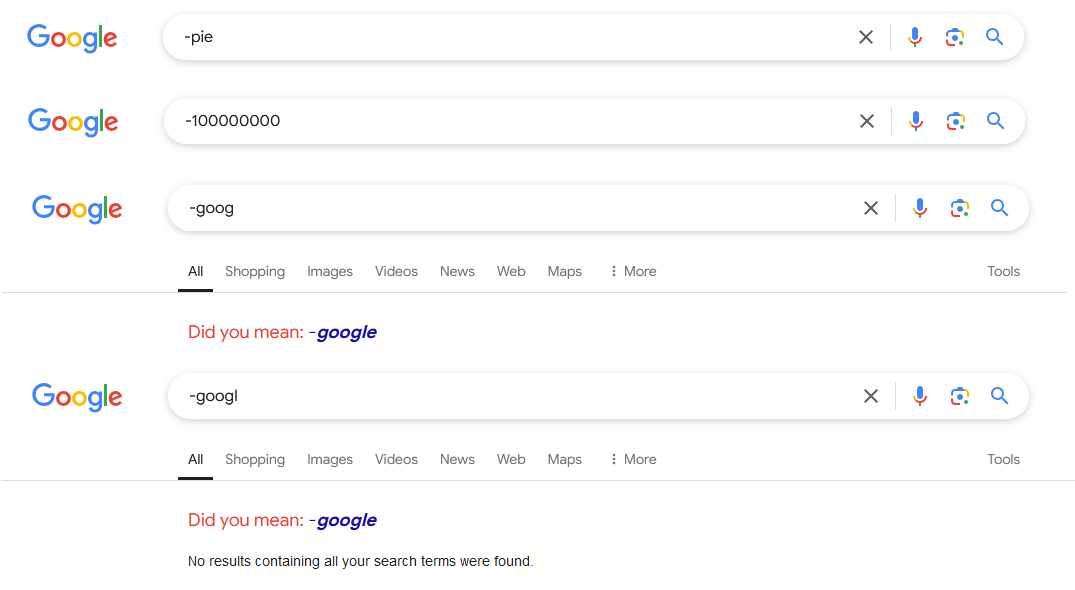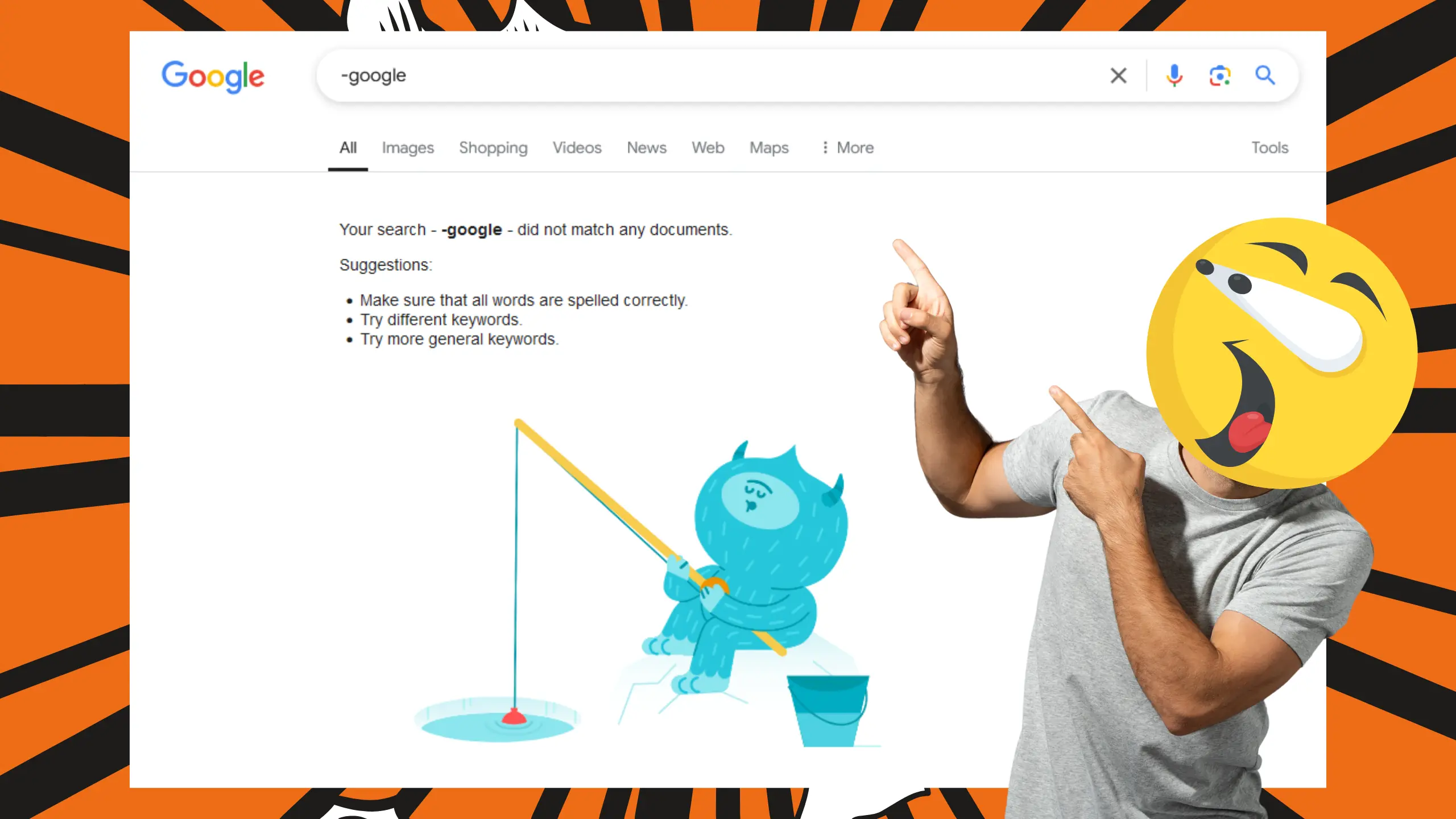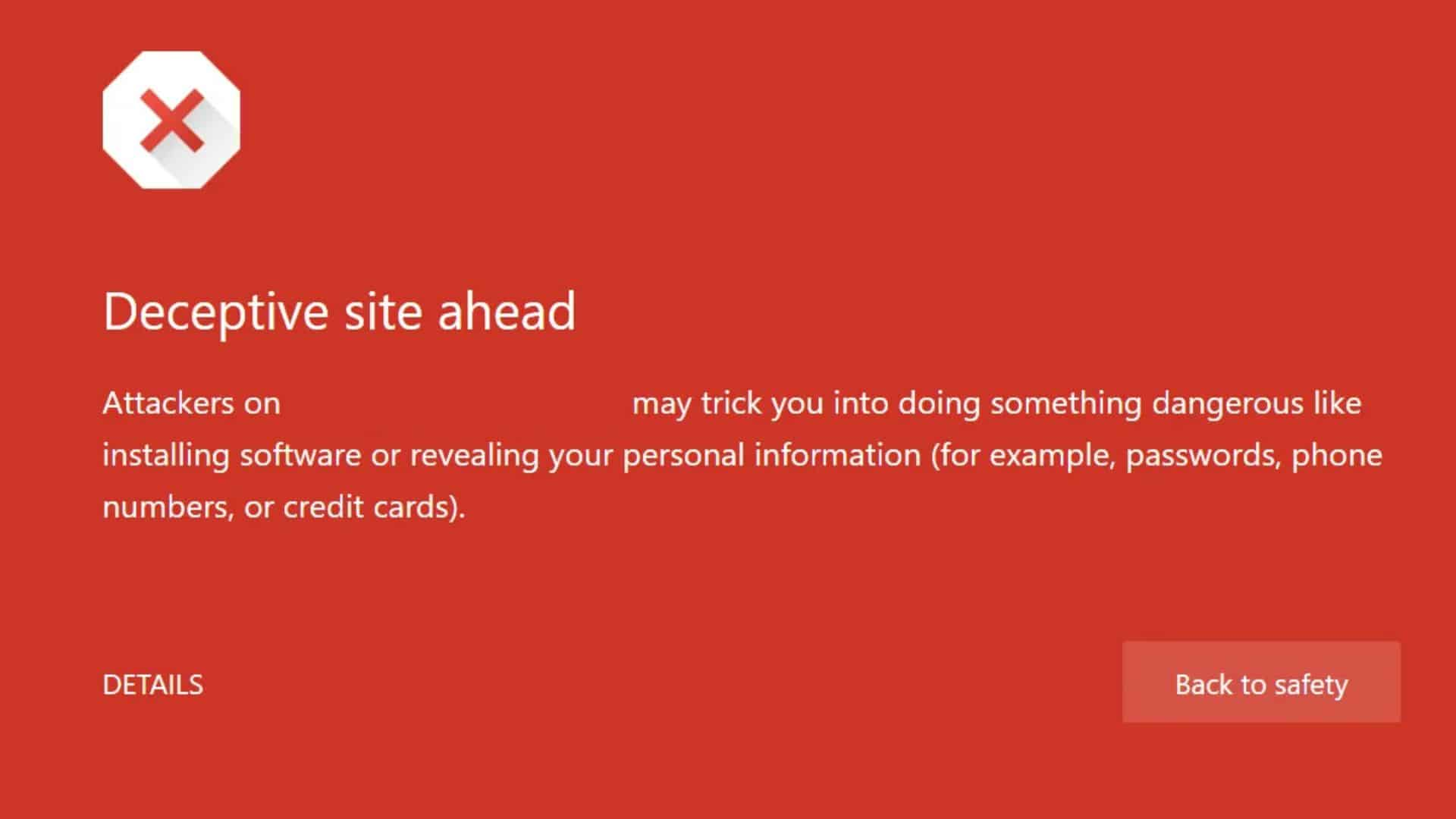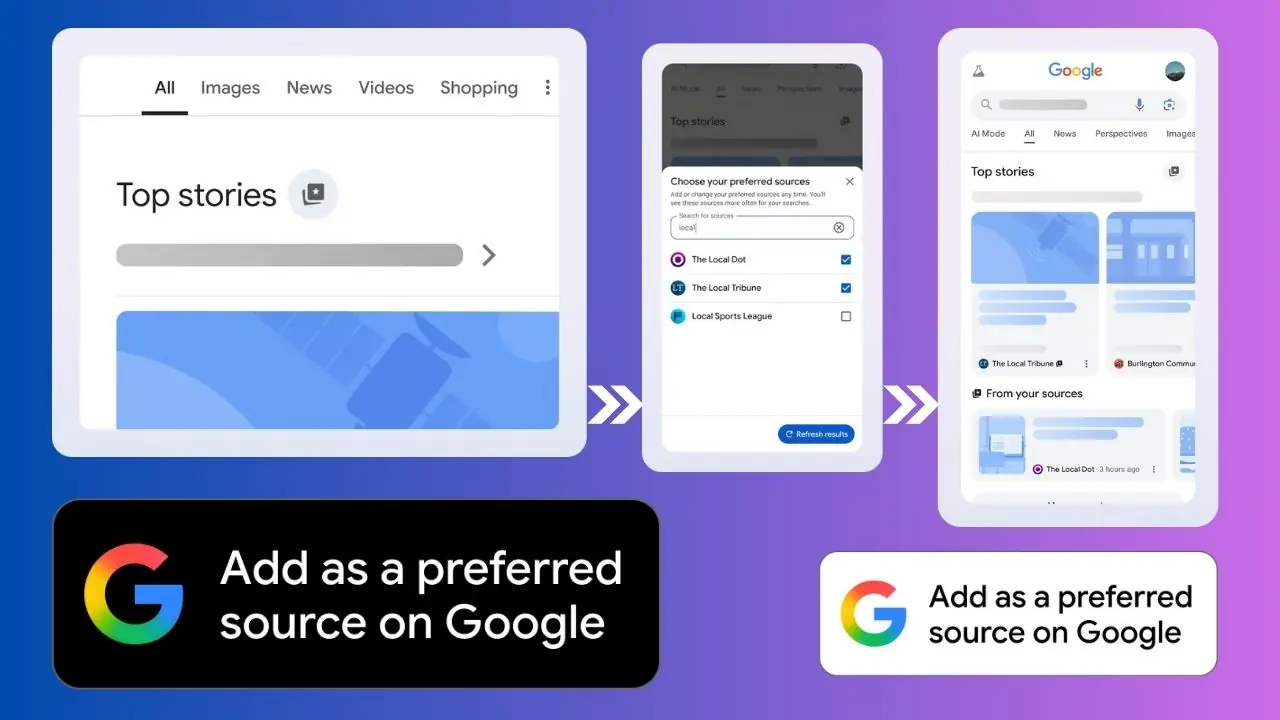Have you ever typed a search query like “-0” into Google and found that the search engine returns no results? It’s frustrating, especially when you’re expecting an answer or thinking the query should work. But there’s a reason behind it. Google treats symbols like the minus sign (-) in specific ways that can sometimes lead to confusing or even zero results. Let’s explore why this happens, how Google processes search queries, and how you can improve your search experience.
Google Search Operators: What Do Symbols Mean?
When you use Google, you’re not just typing words into a search box. The search engine interprets every part of your query, including the symbols and operators you use. These operators help Google refine your search and provide more accurate results.

One of the most important operators is the minus sign (-). It acts as a command that tells Google to exclude certain words from your search results. For example, if you’re looking for information about apples but don’t want to see results about apple pie, you could search for:
apple -pie
This tells Google: “Show me results about apples, but don’t show me anything related to pie.” It’s a helpful tool when you’re trying to narrow down your search. But what happens when you type -0 into the search box? Well, that’s where things can get tricky.
Why Google Might Not Return Results for -0
Google’s algorithms are designed to interpret queries based on common search patterns. When you type -0, Google may get confused because it’s not clear what you’re asking. In most cases, -0 doesn’t have any meaningful context.
The Minus Sign as an Exclusion Operator
The minus sign typically tells Google to exclude specific words. So, when you search for -0, Google may think you’re telling it to exclude the number zero from the results. However, since “zero” is a very basic concept that doesn’t often appear as a standalone search term, Google might not know how to handle it. Essentially, Google may return zero results because it doesn’t recognize the term as being meaningful or common enough to provide relevant answers.
Recommended: The Mystery of “Googler.com Owner” vs. Googler .com Owner
Lack of Common Use for -0
In mathematics and everyday language, negative zero is not commonly discussed. You might encounter it in programming languages like JavaScript or in certain advanced mathematical concepts, but the average user rarely searches for “negative zero.” As a result, Google doesn’t have enough content indexed for that specific search. Without relevant content, Google can’t return useful results.
If you’re looking for something specific related to negative zero, like its use in programming, it’s better to search with more context. For example, you could search for:
“negative zero in JavaScript”
“negative zero in mathematics”
This way, Google can better understand what you’re asking and show results that are more relevant to your inquiry.
How Google Handles Special Characters
Google is great at interpreting certain symbols, but it can also get confused when special characters like the minus sign don’t have clear context. This can be especially true when symbols like - appear at the beginning of a query.
Also Read: How and Why Google Acquired Misspelled Domains Like Gogle.com and Googl.com
Symbols as Operators, Not Search Terms
When Google sees a minus sign, it thinks it’s an operator, not part of the term you’re searching for. So, if you search for -0, Google might not interpret it as a valid term but rather as an instruction to exclude something from the results. Since there’s no word or specific term after the minus sign, Google can’t process it in a meaningful way.
If you want to search for “negative zero,” it’s better to avoid using the minus sign and instead just use the number or phrase by itself. Searching for “negative zero” without the minus sign will help Google understand that you’re interested in the concept itself, not trying to exclude it.
Why Google Might Skip Over Certain Queries
Even if you are using the minus sign for a valid reason, like excluding certain words, Google may sometimes fail to return results. This could happen if:
The search term is too vague: Google might struggle to interpret what you’re looking for.
The term isn’t commonly used: If few people search for the term, Google may not have enough indexed content to display results.
The search is malformed: Sometimes, especially when using symbols, your query might look like a mistake or an incomplete sentence, which can confuse Google’s algorithms.
If you want to make sure you get relevant results, it helps to use full, clear terms in your searches.
Improving Your Google Search Results
If you’re tired of Google returning no results for queries like -0, try these tips to refine your search and get better results:
1. Be Specific: Instead of searching for -0, try searching for something more detailed like “negative zero in programming” or “negative zero JavaScript”. Providing more context helps Google understand exactly what you’re asking for.
2. Avoid Using Symbols Alone: If you’re not using a symbol as an operator, don’t start your query with one. Search terms like -0 or -5 may lead to confusion. Use the number or phrase by itself, like “zero” or “negative five”.
3. Use Quotation Marks: If you’re looking for a specific phrase, put it in quotation marks. For example, “negative zero in mathematics” will search for that exact phrase and help you find more precise results.
4. Expand Your Search: If you don’t get the results you want, try different variations of your query. For example, you could search for “what is negative zero” or “how does negative zero work in programming” to see if different phrasing brings up more relevant answers.
Google’s Algorithm and Its Limitations
While Google is incredibly powerful, it’s not perfect. Sometimes it fails to find results for seemingly simple queries. There are a few reasons for this:
1. Limited Indexed Content: If there isn’t enough content on the web about a specific topic, Google may not have anything to show you.
2. Changes in Google’s Algorithm: Google’s algorithms evolve over time, so your search results might change. What worked before might not work now, and vice versa.
3. Ambiguous Queries: If your query is unclear or contains strange symbols, Google may not know how to process it. This can lead to zero results or irrelevant answers.
Even though Google works hard to return the most relevant results, sometimes it just can’t process everything you ask. That’s why it’s always a good idea to try different search techniques, like adding more context or refining your terms.
Conclusion
Google’s inability to return results for queries like -0 often comes down to how it interprets symbols and the context of the query. The minus sign is typically seen as an exclusion operator, but when used without context, it can confuse Google. Additionally, negative zero isn’t a widely searched concept, so Google may not return anything because it doesn’t have enough relevant content indexed.
To get better results, try using more specific and descriptive search terms. Avoid starting your queries with symbols unless you’re using them correctly as operators. By refining your search, you can ensure that Google understands exactly what you’re asking for, which will lead to more useful results.








